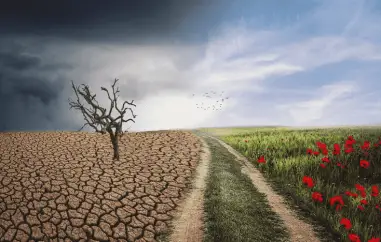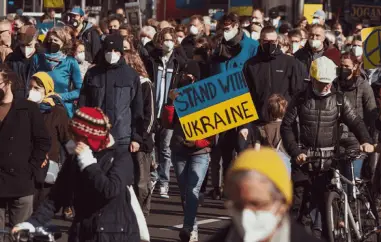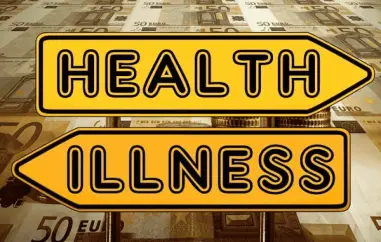Climate Change: Urgent Action Needed to Address the Global Crisis
 Climate change is a pressing global issue that poses profound threats to our planet's ecosystems, human health, and socioeconomic stability. The consequences of rising temperatures, extreme weather events, and environmental degradation are becoming increasingly evident, underscoring the urgent need for coordinated action at the local, national, and international levels. In this article, we explore the complexities of climate change, its far-reaching impacts, and the critical importance of mitigating greenhouse gas emissions to safeguard the future of our planet.
Climate change is a pressing global issue that poses profound threats to our planet's ecosystems, human health, and socioeconomic stability. The consequences of rising temperatures, extreme weather events, and environmental degradation are becoming increasingly evident, underscoring the urgent need for coordinated action at the local, national, and international levels. In this article, we explore the complexities of climate change, its far-reaching impacts, and the critical importance of mitigating greenhouse gas emissions to safeguard the future of our planet.
At its core, climate change refers to long-term shifts in global climate patterns, primarily driven by human activities that release greenhouse gases, such as carbon dioxide (CO2), methane (CH4), and nitrous oxide (N2O), into the atmosphere. These gases trap heat from the sun, leading to a warming of the Earth's surface and altering weather patterns, sea levels, and ecosystems worldwide. While natural factors, such as volcanic eruptions and solar radiation, also influence climate variability, the overwhelming consensus among scientists is that human activities are the primary driver of recent climate change.
The impacts of climate change are wide-ranging and multifaceted, affecting nearly every aspect of life on Earth. From more frequent and severe heatwaves, storms, and droughts to melting polar ice caps, rising sea levels, and disruptions to ecosystems and biodiversity, the consequences of climate change are already being felt around the globe. These impacts disproportionately affect vulnerable populations, including low-income communities, indigenous peoples, and developing countries, exacerbating social inequalities and threatening food security, water resources, and public health.
Addressing the challenge of climate change requires urgent and decisive action on multiple fronts. While efforts to mitigate greenhouse gas emissions are essential for limiting global warming and reducing the severity of climate impacts, adaptation measures to build resilience and protect vulnerable communities are also critical. The Paris Agreement, adopted in 2015 by nearly 200 countries, represents a landmark international effort to address climate change by setting ambitious goals for reducing emissions, enhancing adaptation efforts, and mobilizing financial support for developing countries.
Central to any effective climate strategy is the reduction of greenhouse gas emissions, particularly from the burning of fossil fuels for energy production, transportation, and industry. Transitioning to renewable energy sources, such as solar, wind, and hydroelectric power, is essential for decarbonizing the economy and achieving net-zero emissions by mid-century, as recommended by climate scientists. Additionally, improving energy efficiency, investing in sustainable land use practices, and promoting the conservation of forests and other carbon sinks can further contribute to emissions reductions and climate resilience.
Given the global nature of climate change, international cooperation and leadership are indispensable for achieving meaningful progress. The United Nations Framework Convention on Climate Change (UNFCCC) provides a platform for countries to negotiate and implement climate agreements, share best practices, and mobilize resources for climate action. While significant strides have been made in recent years, including the ratification of the Paris Agreement and commitments to carbon neutrality by major economies, greater ambition and collaboration are needed to accelerate the transition to a sustainable, low-carbon future.
While national and international policies play a crucial role in addressing climate change, action at the local level is equally vital. Cities, municipalities, and communities are implementing innovative solutions to reduce emissions, enhance resilience, and promote sustainability in areas such as transportation, energy, waste management, and urban planning. Engaging citizens, businesses, and civil society organizations in climate action through education, outreach, and grassroots initiatives can mobilize support and foster a culture of environmental stewardship and collective responsibility.
Climate change poses an existential threat to humanity and the planet we call home. To mitigate its impacts and build a sustainable future for generations to come, urgent and concerted action is needed at all levels of society. By reducing greenhouse gas emissions, enhancing adaptation efforts, fostering international cooperation, and engaging communities in climate action, we can confront the challenge of climate change with resolve and determination. The time for action is now, and together, we can forge a path towards a more resilient, equitable, and sustainable world.
Image by Enrique from Pixabay















































